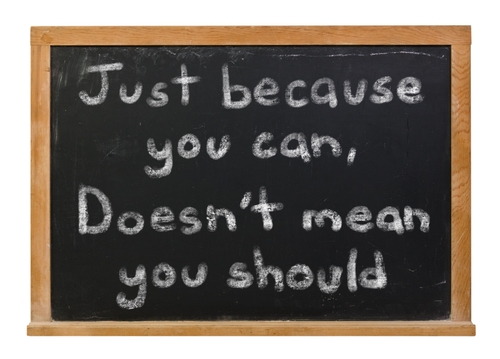


You Don’t Always Have To Share A ‘Hot Take’ On Social Media
From Brittany Wong writing in HuffPost…
It happens like clockwork: Something cataclysmic or unexpected occurs and we all rush online to read the hot takes.
We’re talking big news events here ― “Mass Attentional Events,” as tech journalist Charlie Warzel calls them: That one weird night in October 2020 when Trump tested positive for COVID. Or Russia invading Ukraine last month, dramatically raising the threat of nuclear war. Or Will Smith slapping Chris Rock across the head at the Oscars after Rock joked about Smith’s wife, Jada Pinkett Smith.
Before you have a chance to process the event, you’re on Twitter doing a cursory read of all the strident opinions already coalescing on “your side.”
“Should I say something, too?” you wonder. Sure, why not? You come up with something smart-sounding or funny enough, then hit “send.”
“This is edgy,” you think before a little self-doubt starts to creep in. “Maybe a little too edgy? But I only have 238 followers. I can always delete it.”
Then comes that sharp pang of regret and self-reproach.
“Oh, crap, my 238 followers include my boss … and she just viewed my story.”
Sometimes, that hot take just isn’t worth it. (Especially considering the number of people have who have been fired over bad tweets.) In an era of hyper-connectivity and Extremely Online people, there’s something refreshing ― even noble ― about the person who sits it out and doesn’t post something (or at least takes a beat to process the news before weighing in).
“I tell people: Before firing off a ‘hot take’ on a topic, pause, take a deep breath, and determine whether your comments are likely to create any problems or controversies,” said Evan Nierman, the CEO of Red Banyan, a global crisis communications firm and author of “Crisis Averted: PR Strategies to Protect Your Reputation and the Bottom Line.”
For the rest, click here.